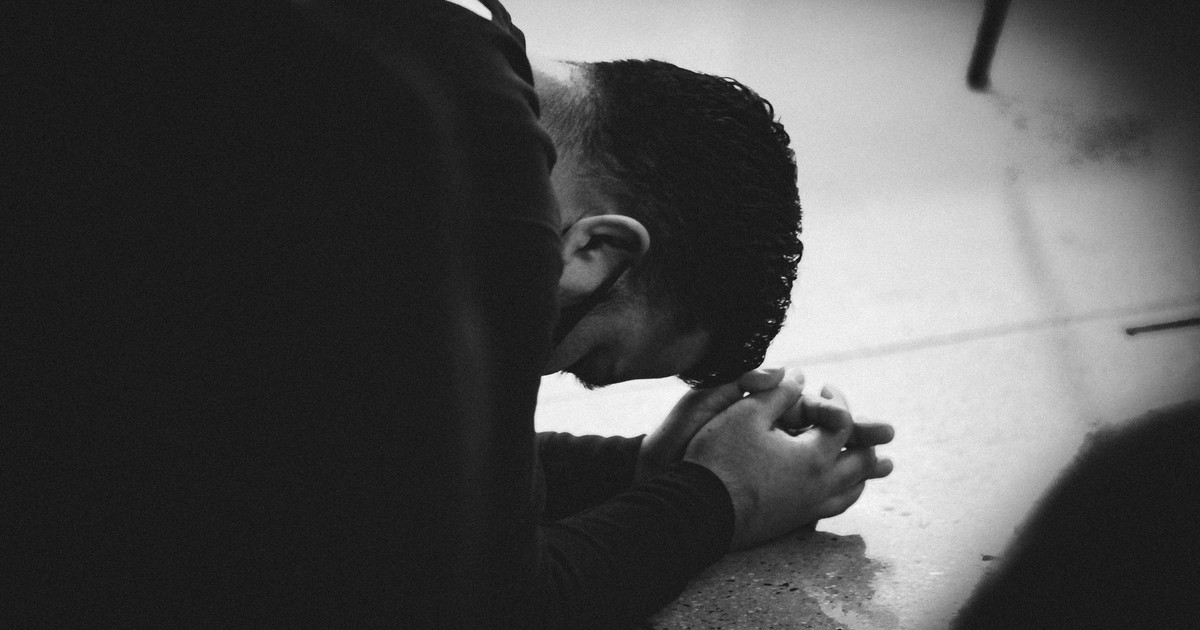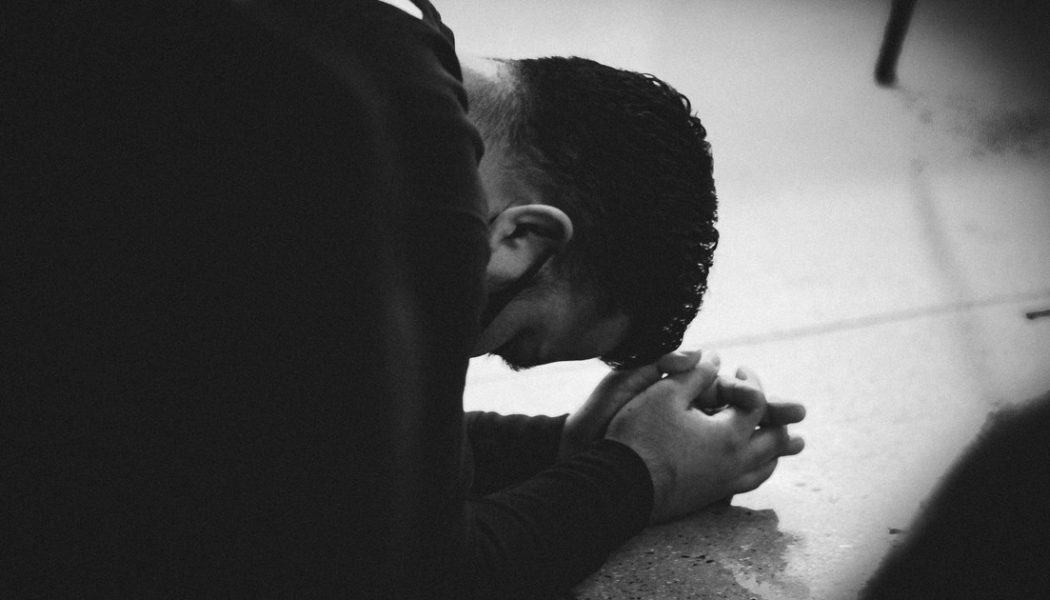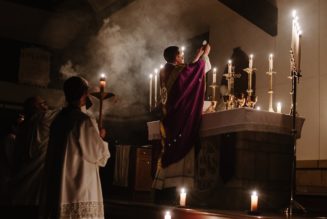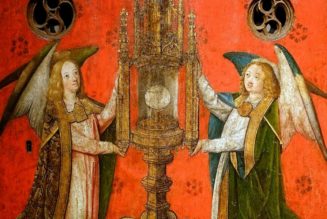
When God chose to make man in his image and likeness, man’s response was to give honor, glory, and praise to God for this wonderful and unique gift of life. The entire creation narration embedded within the first two chapters of Genesis explains the order of man’s relationship with God, first to represent Him in image, and likeness, and second, to care for the land bestowed upon him. In both instances, man enjoyed an unimpeded relationship with God. The preternatural gifts bestowed upon man were specifically offered and given to freely reciprocate the love that God revealed to Adam and Eve.
The introduction to original sin removed the initial gift of grace, the beatific vision, and the perfect union with God. Now both man and woman must endure the advent of concupiscence, venial and mortal sin, and a desire for self over God. The advent of daily spiritual trials becomes the normative way of life which God explains to Adam and Eve will result in much spiritual and physical pain and suffering. However, God in his infinite mercy will bring forth a new Adam, a Messiah who will claim victory over the introduction to sin and death.
This life of trial and temptation will now require all of God’s children to endure spiritual hardships and resuscitate what had been lost. What is required of man now is the ability to endure spiritual trials and place these trials before the Messiah the Son of God Jesus Christ. St. James provides us with some insight on how to endure these trials,
Blessed is the man who endures trial, for when he has stood the test he will receive the crown of life which God has promised to those who love him. Let no one say when he is tempted. ‘I am tempted by God”; for God cannot be tempted with evil and he himself tempts no one; but each person is tempted when he is lured and enticed by his own desire.[1]
St. James reminds us of the importance of taking spiritual ownership of our sins and not placing blame on others especially God Himself. He specifically reminds his readers that our temptations and desires are our own, there is no one to blame other than ourselves because of our intellect and will. The responsibility to combat temptation is left to us with the help of God’s grace through a willingness to place our trust in God before ourselves. St. John describes how Jesus provided us with the path to endure suffering well through our baptism and how this sacramental gift provides us with the opportunity to turn away from ourselves and recall Jesus’s paschal mystery and our union with Him,
Do you not know that all of us who have been baptized into Christ Jesus were baptized into his death? We were buried therefore with him by baptism into death so that as Christ was raised from the dead by the glory of the Father, we too might walk in newness of life. For if we have been united with him in a death like his, we shall certainly be united with him in a resurrection like his. We know that our former man was crucified with him so that the sinful body might be destroyed, and we might no longer be enslaved to sin. For he who has died is freed from sin. But if we have died with Christ, we believe that we shall also live with him. For we know that Christ being raised from the dead will never die again; death no longer has dominion over him. The death he died he died to sin, once and for all, but the life he lives he lives to God. So you also must consider yourselves dead to sin and alive to God in Christ Jesus.[2]
Understanding our Spiritual Scrutiny
During the third week of Lent, the Catechumens (unbaptized Christians) begin to prepare for the final stages of their initial journey toward the Easter vigil. Part of this journey requires that they enter a sincere and intimate relationship with Jesus Christ by renouncing the former way of life. Jesus Christ now becomes their singular and most important focus in life. Their previous understanding of a pagan worldview begins to change to a Catholic worldview focused on truth, beauty, and goodness.
The catechumen no longer lives for himself but no begins to actively seek and live a life with Jesus Christ. There is a thirst for the eternal, a development for a deeper knowledge of God’s will, and a sincere desire to repent of all sin and believe in the Gospel. St. Paul in his letter to the Romans reminds us that, we have peace with God through Jesus Christ who justifies our faith and provides us with access to his grace.[3] He continues his exhortation by reminding us to rejoice in our sufferings knowing that suffering produces endurance, endurance produces character, and character produces hope, and hope does not disappoint us, because God’s love has been poured into our hearts through the Holy Spirit who has been given to us.[4]
Because Christ chose to die for the ungodly, he reminds us of the importance of turning away from ourselves and seeking the will of Christ in our life, if we so choose. If there is a virtue, we can practice to help us turn away from ourselves to surrender to Christ, it is the virtue of Prudence. This cardinal virtue if freely exercised and applied, disposes practical reason and proper discernment in all actions. Prudence is right reason in action[5] that guides our conscience to perform good works and avoid evil ones. It helps determine conduct in accordance with judgment.[6]
As a final point, St. Paul in his first letter to the Corinthians provides a path to turn away from ourselves and surrender to Christ,
No temptation has overtaken you that is not common to man. God is faithful, and he will not let you be tempted beyond your strength, but with the temptation will also provide the way of escape, that you may be able to endure it.[7]








